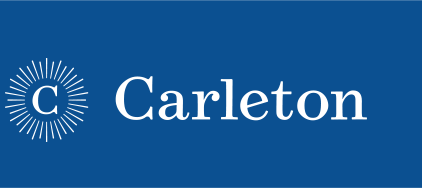Document Type
Working Paper
Publication Date
9-2018
Working Paper Number
2018-01
JEL Codes
C92, D74, D82, D83
Abstract
We propose a model of how public behavior changes in response to the evolution of privately held preferences. Our aim is to rationalize the tendency for individuals who hold minority viewpoints to falsely report their preferences by taking actions favored by the majority. We do this using a game involving a tension between honest expression of one’s true preferences and a desire to conform to the behavior of others. In an experimental test of our model, we find confirmatory support for the model’s main predictions, that even after a majority of the population shares what was previously an unpopular minority opinion, a lack of mutual awareness among members of the new majority can allow continued public support for the old status quo, and that the onset and speed of transitions to new, majority-held opinions depend on the relative difference in rewards from conformity versus truthful expression
Recommended Citation
Duffy, John and Lafky, Jonathan, "Living a Lie: Theory and Evidence on Public Preference Falsification" (2018). Department of Economics Working Paper Series. 15.
https://digitalcommons.carleton.edu/econ_repec/15




Comments
In Copyright